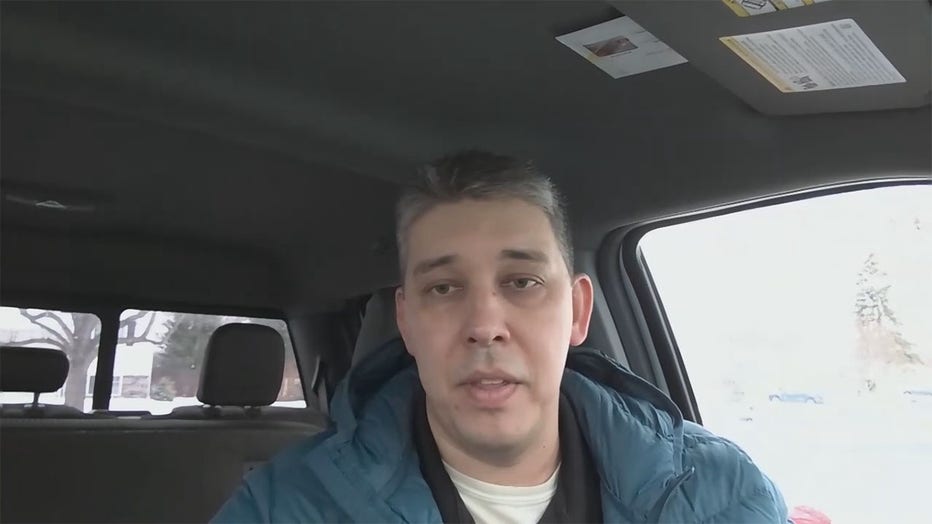Amid COVID-19 absences, concerns raised over teachers providing medical care in local district

Amid COVID-19 absences, concerns raised over teachers providing medical care in local district
Former District 196 employee and school board candidate Jacob Rylander discusses his concerns about being asked to perform medical procedures on students.
ROSEMOUNT, Minn. (FOX 9) - Throughout the last three weeks, former District 196 employee and school board candidate Jacob Rylander has heard from multiple teachers and support staff in District 196 about the same issue.
Faced with staffing shortages, they have voiced their concerns about being asked to perform medical procedures on students, like injecting insulin and changing catheters, with what they call minimal training.
"To put it in perspective, I am a nationally registered EMT, and I am not medically qualified to do the things that these teachers and paraprofessionals are being asked to do," Rylander told FOX 9.
Afraid for their jobs, Rylander says he is speaking out for those who can't. FOX 9 has verified his account with those currently working in the district, which covers Rosemount, Eagan and Apple Valley.
"Asking them to already do more with less is already a kick in the butt, now asking them to take on a legal liability without any proper training, no experience is just ridiculous," said Rylander.

Former District 196 employee and school board candidate Jacob Rylander discusses his concerns about being asked to perform medical procedures on students.
Amid the pandemic and nurse absences, representatives from District 196 tell FOX 9 that teachers are having "reinforced training regarding certain health procedures for student support and may be asked to perform them to eliminate disruption in the student's educational experience."
Each student with health needs has an individual plan that their parent or guardian approves of and that dictates if a registered nurse is required to perform a given health procedure.
"I don't think anyone has an issue with asking people to step up, all these people have huge hearts... they are worried about the personal liability in case something goes wrong," said Rylander.
Rylander said he understands that schools are stretched thin right now and thinks a trained volunteer program could be a possible solution.
"They could create a documented training program and have all these individuals go through this training, certify, qualify them, so we all know that they meet a minimum expectation of providing that care," he said.

